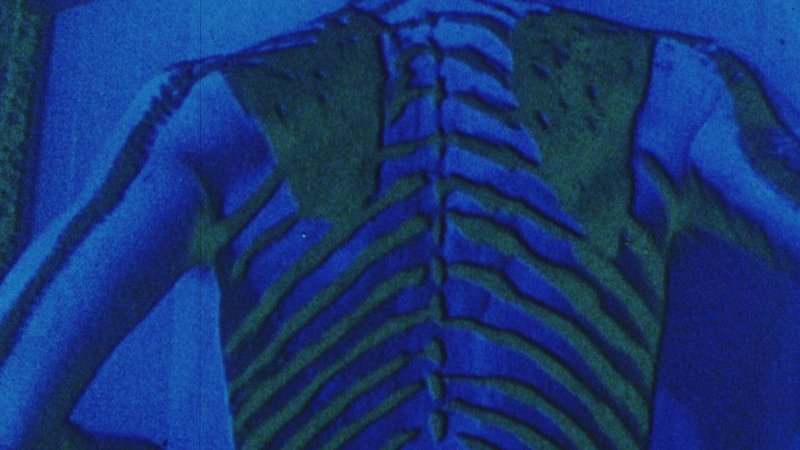Sandra Lahire's Anti-Nuclear Trilogy [Revealing Women Series]
Accompanied by political activist poster exhibition from Penny RemfryDir: Sandra Lahire, 1987/1989
-
Thu 23 May 2019 // 19:30
/ Cinema
Tickets: £7/5
Women Artists of the North East Library and Penny Remfry present a screening of Sandra Lahire’s anti-nuclear trilogy of films: Serpent River (1989), Uranium Hex (1987) and Plutonium Blonde (1987). Made in direct relation to the feminist anti-nuclear movement of the '80s, Lahire’s intricately layered images and sound unveil the physical threat of radioactivity on communities, the landscape, the earth’s resources and women’s labouring bodies.
Prior to the screening, please join us for a reception (from 6pm) for the exhibition of political activist posters from Penny Remfry’s personal collection. Showing the role that visual art played in historic and more recent political campaigns, the posters will provide a broader political context in which Lahire’s films were made.
This screening contributes to an on-going investigation at the Women Artists of the North East Library into the valuable contribution of artistic practice by women-identifying artists in the North East region of England. Sandra Lahire (1950-2001) studied Philosophy at Newcastle University before studying film in London. Sandra Lahire’s essay ‘Lesbians in the Media’ was inserted into the Women Artists of the North East Library in Summer 2018 as a means to bring Lahire’s practice in connection with other individuals that make up the library.
This project is supported by Cinenova Distribution.
=====
This film is part of the Revealing Women series, a diverse, collectively organised programme of seven events exploring women's histories - and the representation of women - in comedy and horror, through political and social documentaries, in experimental forms, and within debates around science and technology. To buy a festival pass for all events (£25), please go to https://www.ticketsource.co.uk/date/647755.
Revealing Women is supported by the BFI Film Audience Network as part of Changing Times: Women’s Histories, a programme of screen heritage activities celebrating social change and cultural transformation on and through film.

